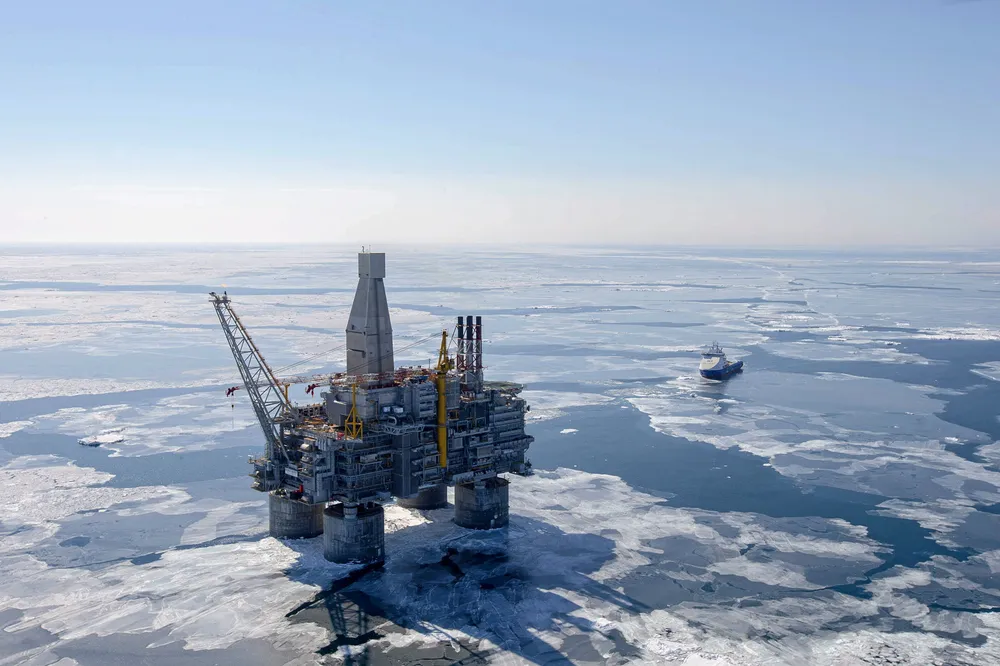Force majeure on Sakhalin 1 oil shipments: report
ExxonMobil shuts in some Russian wells as export tanker shipments slow

The ExxonMobil-led Sakhalin 1 consortium has declared force majeure on its scheduled oil export shipments to Asia from the De-Kastri marine export terminal located on Sakhalin Island in Russia's Khabarovsk region.
Project stakeholders, which include Japan's Sakhalin Oil and Gas Development, India's ONGC Videsh and Russia's Rosneft, have been reported as facing difficulties in chartering ice-resistant tankers to ship oil from De-Kastri.
These tankers are operated by Russian state-owned shipper Sovcomflot that is subject to sanctions from the US and Europe.
The sea area between the Khabarovsk region and Sakhalin usually clears from ice by June, and thus requires ice-class vessels and ice breaking support before that.
Reasons cited by foreign shippers to Reuters, also include concerns over reputational risk in lifting Russian oil and the increasing difficulty in arranging insurance coverage for oil cargoes.
"As a result, [Sakhalin 1 operator] Exxon Neftegas has curtailed crude oil production" at its offshore oilfields in the northeast of Sakhalin Island, an ExxonMobil spokesperson told Reuters.
The US supermajor in early March announced that it was exiting Sakhalin 1 and all other operations in Russia following the country’s military invasion of Ukraine.
While local media reports on Sakhalin have suggested the arrival of Rosneft representatives from Moscow to replace the expatriates at the project that have been evacuated from Russia, Exxon Neftegas technically remains in charge of Sakhalin 1 operations.
ExxonMobil is now planning to conclude a complete exit from the country by 24 June, two sources familiar with plans told Reuters, a suggested deadline for winding down its activities in Russia by the US Office of Foreign Assets Control.
It is not yet clear whether ExxonMobil will book a full write down of its Russian assets as this will depend "on the terms of its exit from Sakhalin", ExxonMobil said in April.
Local reports have suggested that the US major is trying to sell its 30% stake in the Sakhalin 1 consortium to Rosneft and companies in China.
Meanwhile, debates in Moscow continue on whether the state should renationalise the stakes of those foreign companies that have elected to exit after Russia invaded Ukraine on 24 February. The Russian government proposed a draft law on the matter in March however it has yet to be heard by parliament.
Sakhalin 1 produced around 271,000 barrels of oil per day in January and February 2022 according to the Russian Energy Ministry data, against the average of 227,000 bpd last year.
(Copyright)